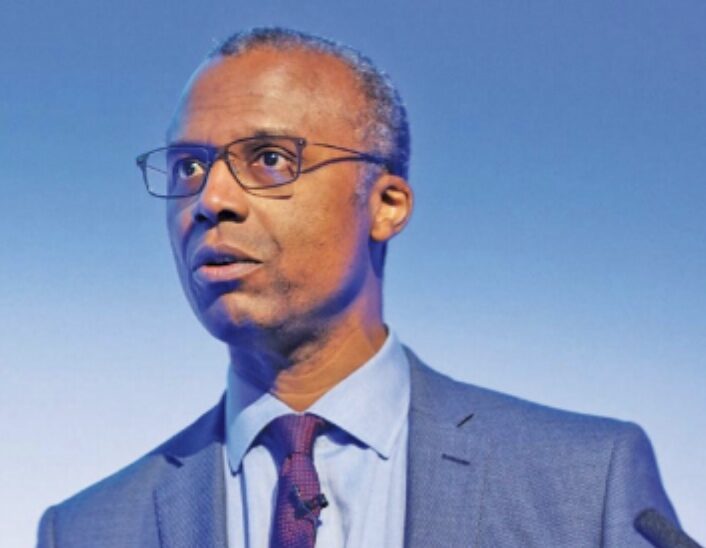RACISM IS at work and it exists. But, as trade unions, we are committed to eradicating the prejudice and discrimination and disadvantage that continue to deny many black workers the opportunity to secure decent jobs and careers regardless of educational outcomes.
The trade union movement has been a leading voice on the need to tackle institutional racism over the years.
However, a new generation of activists has re-energised and heightened the profile of anti-racist campaigning. We know that an increased focus on anti-racism within the trade union movement will have to be both broad and far reaching in order to make a real and lasting difference to tackling racial disparities and racial injustice at work, as we build a coalition that is capable of reaching out to organisations across wider civil society.
There is no more important priority for our trade union movement today than to do whatever it takes to stand up against racism and to secure racial justice at work. We know the facts of the hostile environment. Black workers aged 16-24 are almost three times more likely to be unemployed than their White counterparts.
The ethnicity pay gap stands at 23.8 per cent in London, the region with the highest proportion of black and minority ethnic (BAME) workers. And black workers are also more likely to be in poverty. Black workers are also more likely to be denied fair access to employment, more likely to be fired and less likely to be hired, and more likely to be in insecure work, with black women twice as likely to be in precarious employment, working zero hours contracts and with fewer rights at work. The evidence also points to black workers who are less likely to be promoted to senior positions and more likely to be subject to competence and disciplinary procedures, irrespective of qualifications or experience.
And, with the pandemic, black workers are three to four times more likely to die at work.
Mercy
Due to the Government’s immigration agenda, many black workers are at the mercy of exploitative employers, less able to challenge exploitative practices for fear of losing their jobs, their homes and their right to remain in the UK. When the economic outlook is poor and public spending is cut, it is black workers who will also be among those hit the hardest.
Wherever and whenever racism exists, wherever the conditions exist which enable racism to flourish, we must be ready to act and to call it out.
But, we need to do more than speak out, we must also make a difference. The TUC Anti-Racism Task Force is about establishing the facts and shining a light on racial injustice in the world of work. But, it will do much more than that. It will also be about action – organising, bargaining and campaigning to secure real change.
The fight against injustice at work is a cornerstone of our trade union movement. It’s what our movement has done over decades; and it’s what our movement has continued to do since the start of this pandemic – protecting jobs and livelihoods and campaigning for safe working conditions for our members.
We are determined that the Anti-Racism Task Group will mark another important chapter in the history of our movement’s fight
Dr Patrick Roach
We are determined that the Anti-Racism Task Group will mark another important chapter in the history of our trade union movement’s fight against racism and racial injustice at work and that it will be a powerful force for change.
Twenty years ago, the TUC Stephen Lawrence Task Group was set up to root out racism at work. There has been some progress since then, but the reality is that there remains much more to do. We must give voice to the everyday racism black workers face and confront institutional racism and discrimination at work.
Unions must demonstrate willingness to take the lead and to secure progress.
Change is coming.
Taskforce
There is a hostile environment for black workers today which means they are more likely to face discrimination in the workplace, to be in insecure jobs, and more likely to be dismissed from work.
During the pandemic we have also seen how racial discrimination has resulted in black workers being much more likely to die at work as a result of COVID-19.
As the Task Force begins its work, we will be hearing evidence from black workers about their experiences of everyday racism in the workplace.
The Anti-Racism Task Force will not hesitate to call out racial injustice wherever we find it. It will bring together a strong coalition to deliver a programme of measures to root out racism and tackle racial discrimination and injustice at work.
Dr Patrick Roach is the General Secretary of NASUWT and Chair of the TUC Anti-racism Task Force. The task force will lead the trade union movement’s renewed campaign against racism at work. It will engage with Black workers across the UK to hear about their experiences. And it will produce recommendations on tackling structural racism in the UK, in workplaces and in unions themselves.


Comments Form